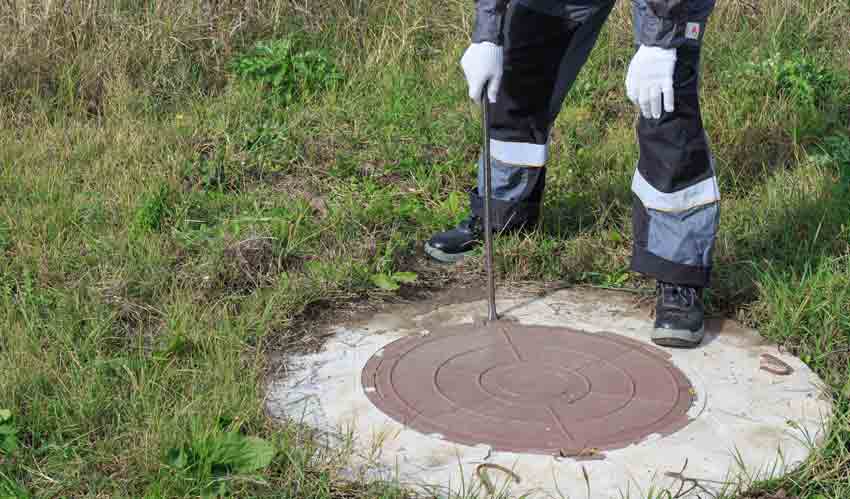
It ought to be the desire of most people most of the time to stay off the 6 o’clock news and out of the newspaper.
While, of course, exceptions exist, being in the spotlight or on the hot seat because one’s septic tank has exploded seems like it should not be one of them.
We are well aware that sounds crazy on its face, like something that might have happened to Wile E. Coyote after dark and could never actually take place here and now.
However, let us assure you of two things: yes, your septic tank can explode, and yes, there are steps you can take to prevent that unpleasant, unsightly occurrence.
Methane, an extremely combustible gas, lives in septic systems naturally and normally. It’s created as waste is broken down in your tank. If all is well with your system, methane typically presents no threat, as it is ventilated away. If this system is not working as it should, however, this could become an issue.
Heat plus methane equals boom. So if an unexpected heat source or spark of any sort combines with access to that gas, the aforementioned explosions are on the table.
As with most potential issues to one’s septic system, proactivity is the best way to combat having your septic tank explode.
Here are tips to get out in front of that before it is imminent:
Keep your septic tank ventilated
This is just good advice in many walks of life. This is no different. Here, it’s important to know whether your septic tank has one or two compartments. There must be space left free in a single-compartment tank above where the pipes enter and exit the tank. In a two-parter, space should be available between the two compartments.
Get your septic system checked out by a professional and on a regular maintenance schedule
Professional inspections – as Little’s Septic will gladly provide – should keep you on top of whether your system’s ventilation needs are being met. Septic systems should be inspected roughly on the same timeframe as they should be pumped and serviced, so that works in your favor. And most importantly, if your system is nearing potential disaster, having a professional involved is your best bet for how to avert it.

